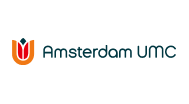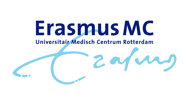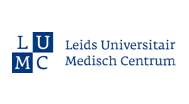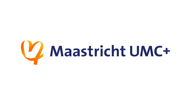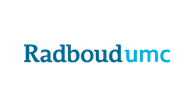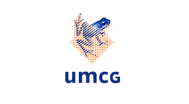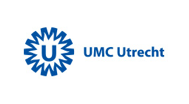5. Training issues
Umcs are responsible for training healthcare personnel: medical doctors, medical specialists, specialized nurses and medical assistants. This requires intensive cooperation with general hospitals and educational and care institutions in the region. This collaboration takes place in the Training and Education Regions (OORs) and the Hospital Training Fund (FZO) regions. The umcs consider it important that the training capacity is geared to the expected demand for healthcare personnel. We therefore have various programs that increase the (regional) intake and are aimed at retaining healthcare professionals. We also continuously adapt courses to the changing demand for care.
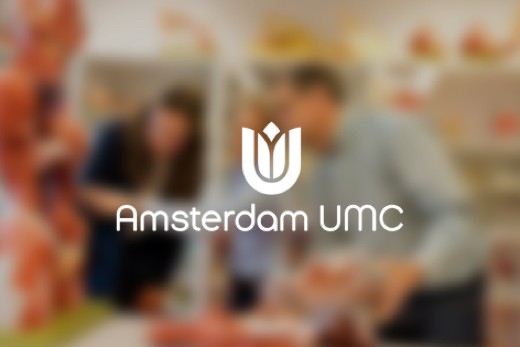
In the Amstel Academy, the training institute of Amsterdam UMC, 12 hospitals and the ambulance service work together to train more highly specialised nurses and medical-support professionals. The focus on quality and alternative training methods helps alleviate the job market shortage. Read more

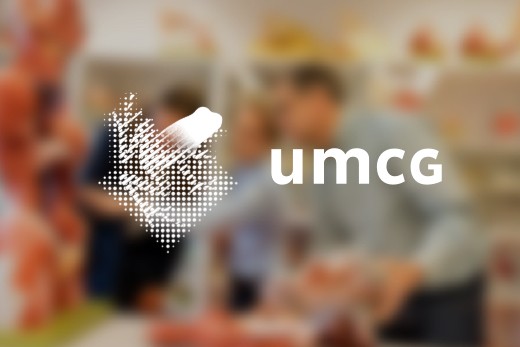
The UMCG is taking the initiative in the Regiofonds, in which all training institutions in the OOR region are involved. Its goal: set up and finance innovative training initiatives and scientific research in the field of courses (especially advanced medical-specialist ones). Several projects and two multiple-year doctoral tracks are already underway thanks to the Regiofonds. Read more

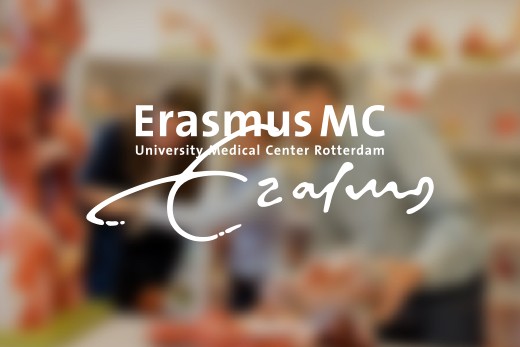
The Challenge & Support programme offers medical specialists (in training) of the Erasmus MC and LUMC the chance to optimise their individual potential in a coaching track, to get the most out of their career and be employable for the long term. The first research results into its effects are significantly positive. Read more

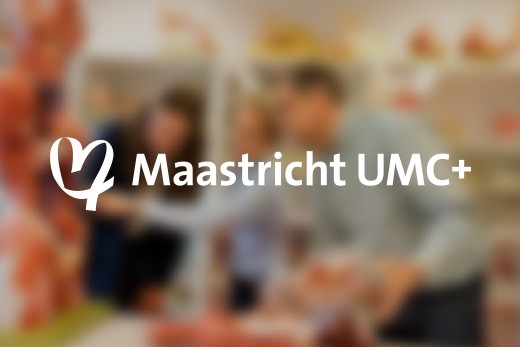
'Effective healthcare’ is continuously offered in the training in Maastricht UMC+ with this aim: appropriate care, in the right place, given by the right person, for the right person, at the right price. New discipline-transcending training methods were developed, and the offering was rapidly made available digitally. Read more

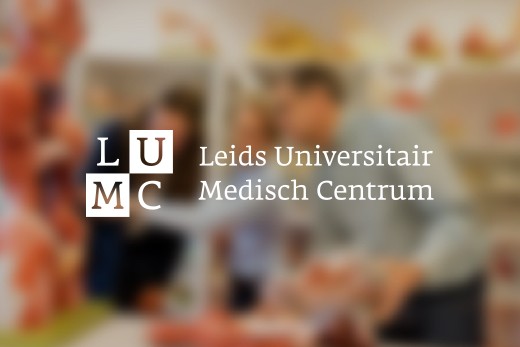
CZO Flex Level has developed 76 building blocks for innovative and flexible learning routes for the advanced nursing courses in the Long-term Care cluster. This was accomplished together with nurses and practice and theory trainers. Thanks to the learning routes, nurses can enter and transition faster to other specialisms and work in more areas. Read more

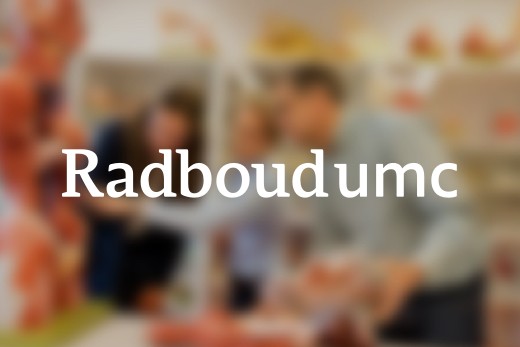
Radboudumc gives a broad format to intra- and interprofessional learning. Doctors in training, nurses and paramedics learn from and with each other. That is done in the umc, general hospitals, primary care and public healthcare. Residents and student nurses explore opportunities for interprofessional collaboration during their internship. Read more

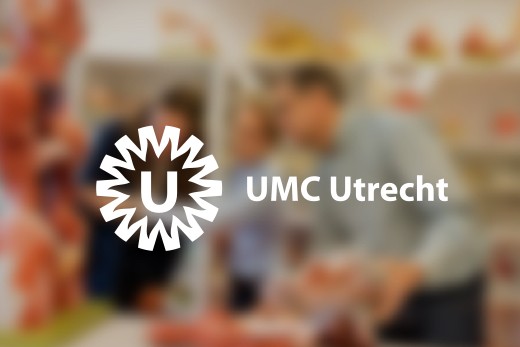
Forty students a year take the interdisciplinary Selective Utrecht Medical Master (SUMMA) that trains them to be a basic medical doctor and a clinical researcher. A current and urgent patient problem is the starting point for students of Medicine, Biomedical Sciences and Biomedical Engineering. This promotes more than just expertise, it teaches them to view the case from the patient’s perspective. Read more


